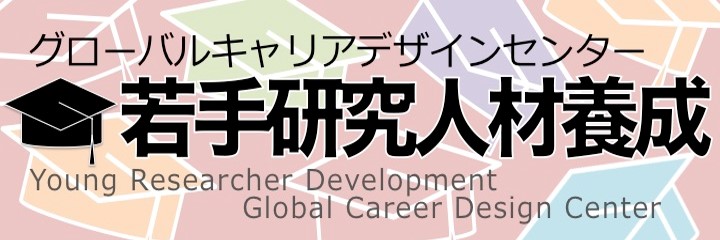Host Organization: Zambia University
Country of Internship: The Republic of Zambia
Period of Internship: January 17, 2020 to March 23, 2020
Division of Educational Development and Cultural and Regional Studies, International Development and Cooperation (IDEC)
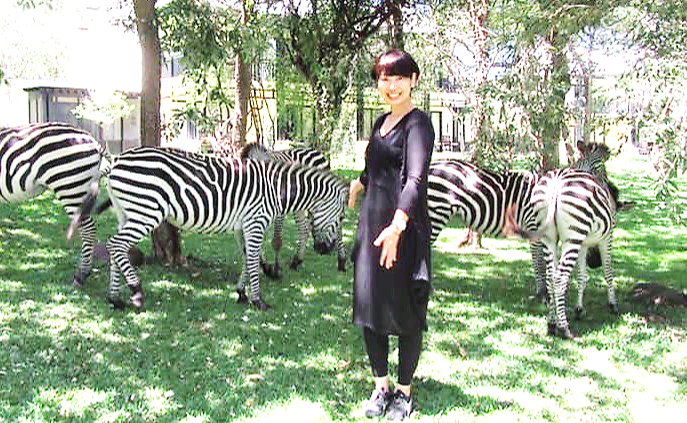
1. About the country of my internship
The Republic of Zambia (hereinafter referred to as Zambia) is relatively stable in terms of security in Africa. Most of the cars (private cars and mini buses) in Zambia are second-hand used cars from Japan. Japanese technology is highly valued in Zambia, and the country is very Japan-friendly since it has more than a 20-year relationship with JICA (Japan International Cooperation Agency). Zambia is geographically sharing its borders with 8 neighbor countries, and the country has 73 ethnic groups, each of which has its own language (73 ethnic languages, English is the common language), living together in harmony under the slogan "ONE ZAMBIA, ONE NATION". I got the impression that Zambians are gentle and caring people.
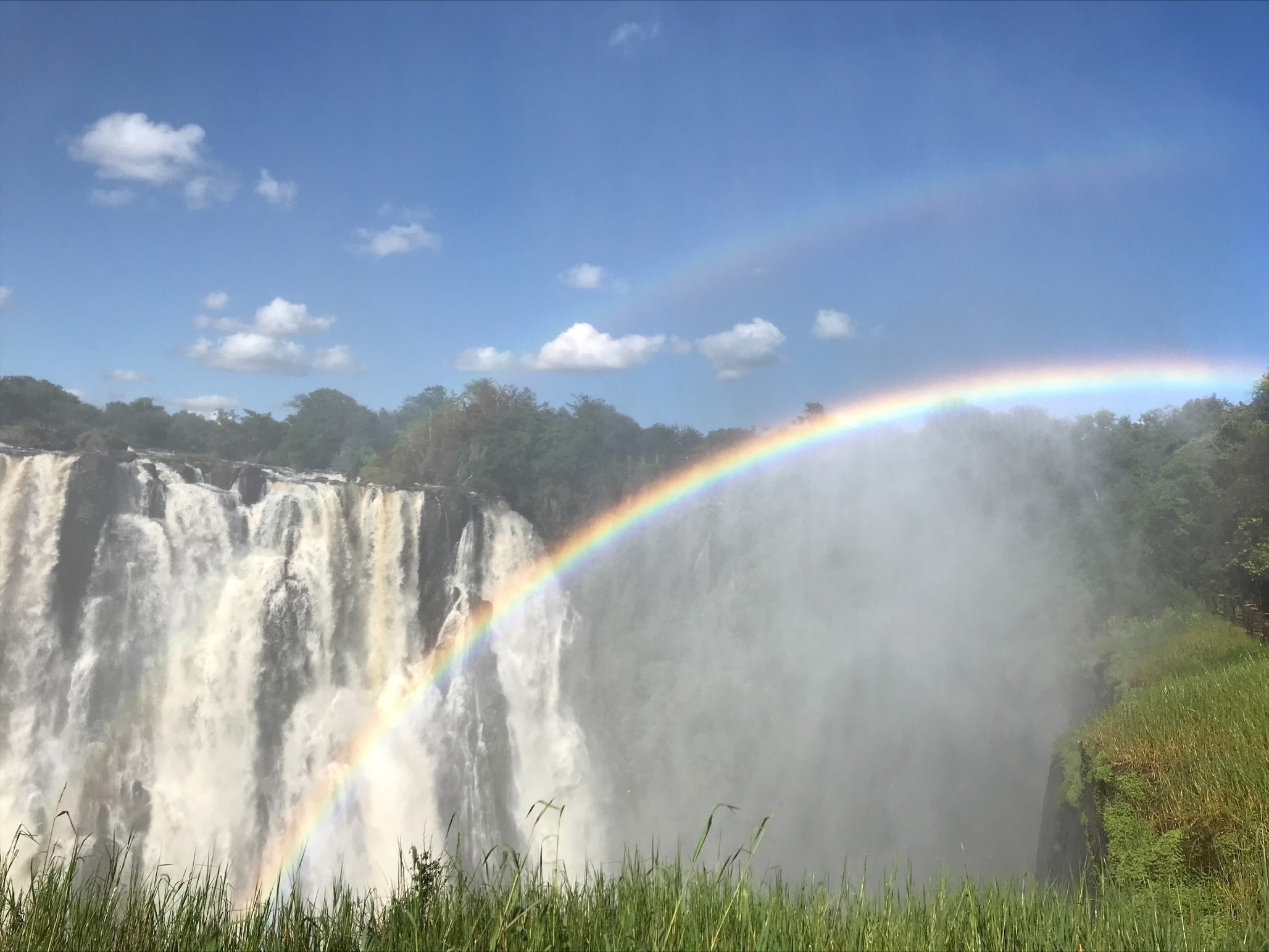
2. About the local life and the culture
In the capital city, Lusaka, there are many large shopping malls where you can get almost everything such as daily necessities, clothes, stationeries, books, and electronics. Japanese food is also available at Chinese grocery stores, although it is made in Chinese, and authentic Japanese products are quite expensive. The staple food in Zambia is Nshima, which is corn flour kneaded into a paste. Lunch at a local restaurant or cafeteria on campus costs 20-30 kwacha (160-240 yen) and consists of Nshima, fish or meat, and some vegetables. Lusaka is relatively well supplied with electricity and water, but water outages were a regular occurrence. The internet is widely used, even though the connection is not always stable enough. During your free time, you can visit Victoria Falls and many Safaris. There are 20 national parks and 23 animal sanctuaries, where you can see wild animals!!
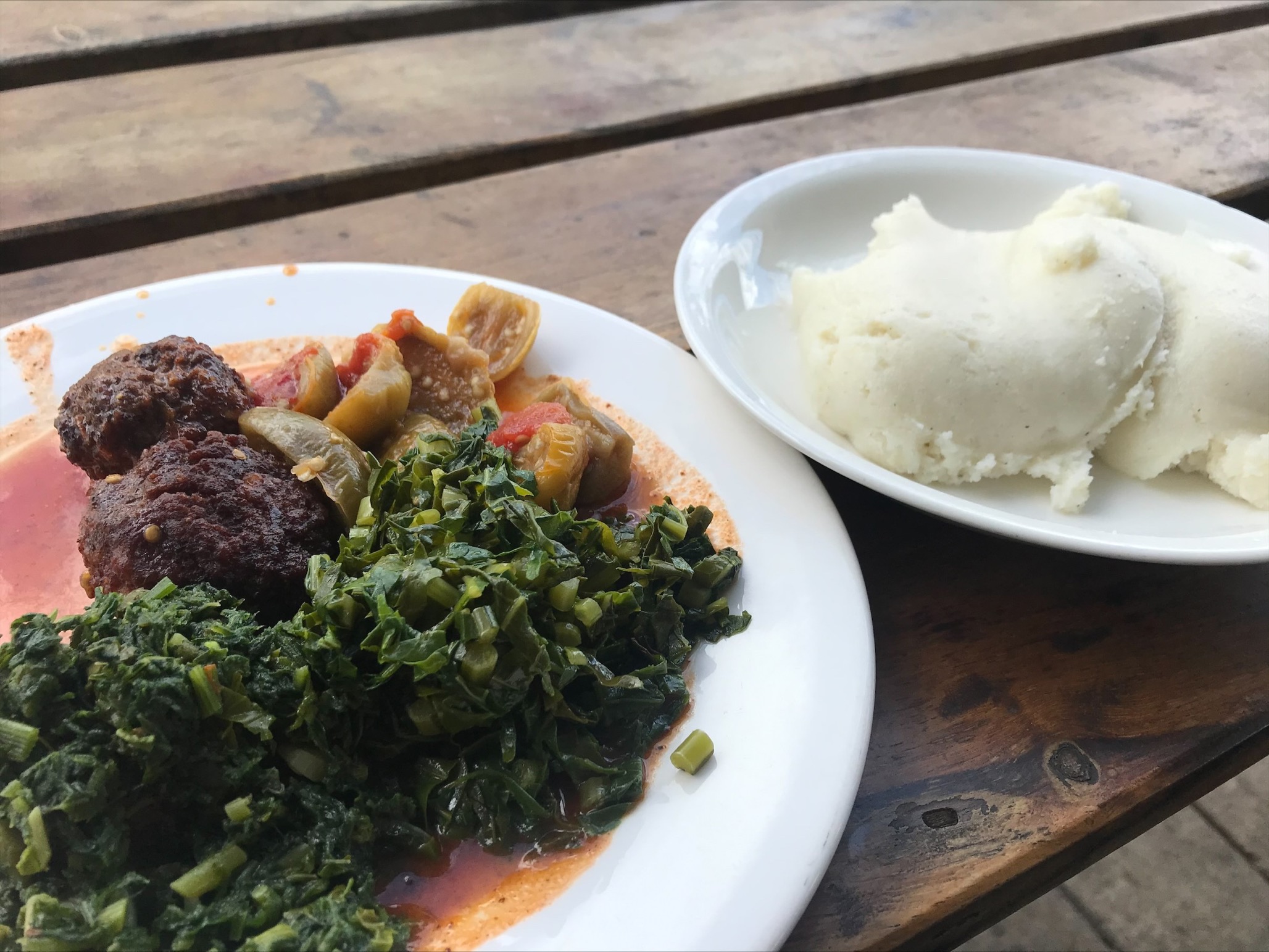
3. About the host institution
The University of Zambia is the oldest and largest national university in Zambia. The university conducts classes in English, so all the students can speak English. The Japanese language course provides at the department of Linguistics in the School of Humanities and Social Sciences. Dr. Ngalande, who studied in Japan and got his doctor degree at Kyoto University, is the director of this course. The course was established in 2016 with the support of the Lusaka Office of Hokkaido University.
4. About the internship course
I had meetings with Dr. Ngalande to discuss and decide on the internship activities. Since I was basically free outside of my assigned teaching classes, I could prepare for the class and manage the other assigned tasks, or plan for the voluntary activities.
<What I did during the Internship period>
・Provided class for Japanese Open Course and Credit course (University Regular Class)
・Developed the curriculum for the Japanese language course
・Organized voluntary activities (Peace Exhibitions in Hiroshima and Nagasaki (Organized with Zambia program students of Hiroshima University), Cultural events, Visit a private elementary school to teach Japanese)
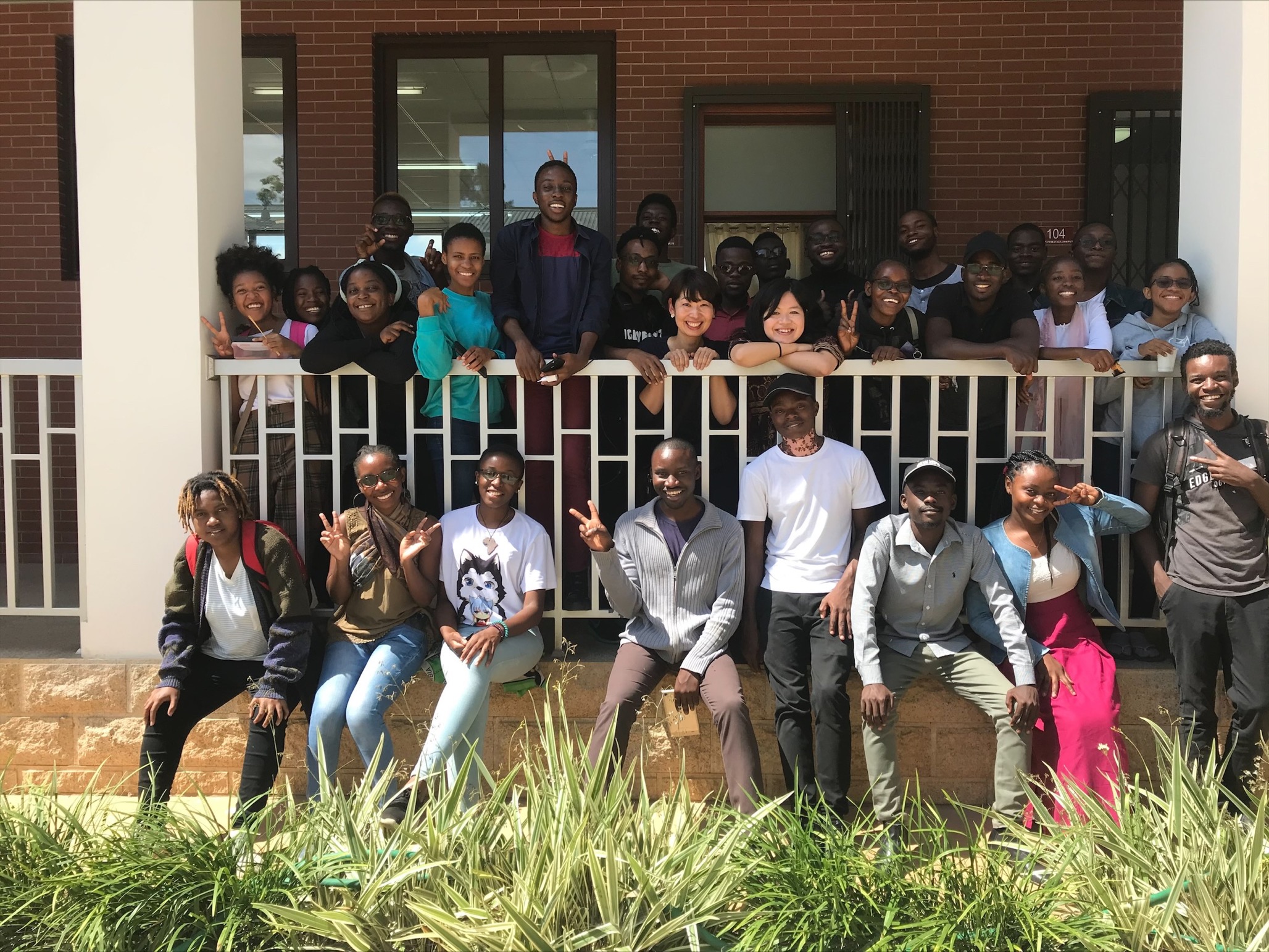
5. Pre-internship preparations and tips
When you plan to travel to Zambia, VISA can be easily applied electronically, but some vaccinations require multiple doses. Therefore, you should have enough time to consult with a medical institution (In my case, I visited the travel clinic at Hiroshima University Hospital for that purpose.).
6. Advice for future intern
The internship application guidelines clearly stated that the internship student would be in charge of Japanese open classes. In my case, my internship period lasted for 2 months. For those who want to practice Japanese language teaching, this internship will be a great learning opportunity for your future career. In addition to the class, there were also regular university classes, where you can observe learners' acquisition through Teaching Assistant (TA) work. Japanese language education at the University of Zambia is still in the process of development. In an unstructured environment, you can experience the fun of trial and error with students and local teachers and create something productive all by yourself, so please take on this challenge!
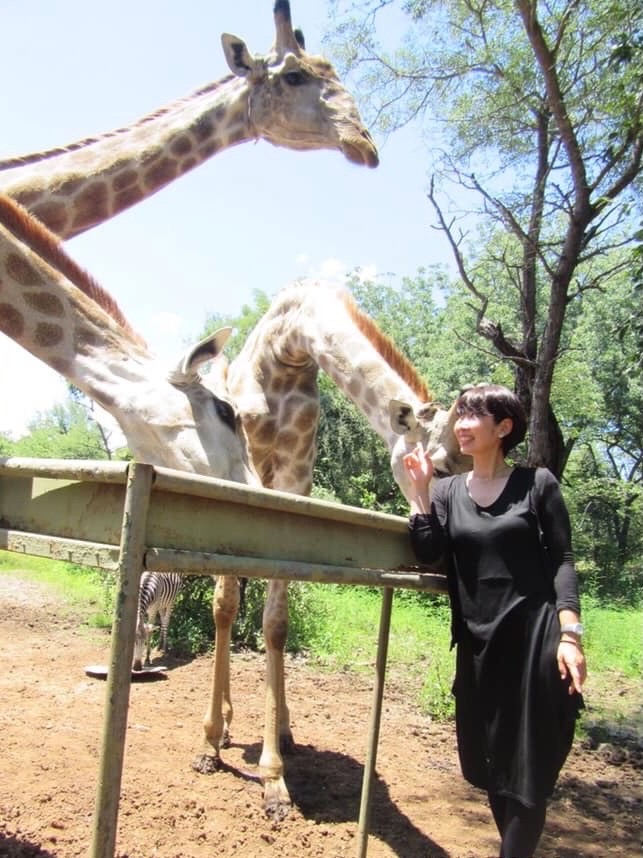

 Home
Home
